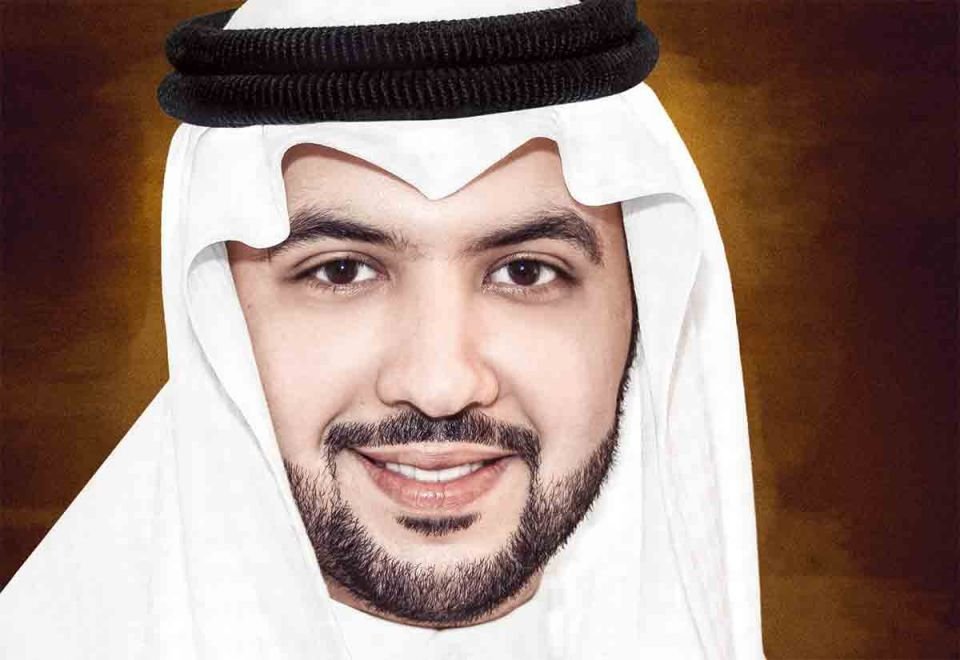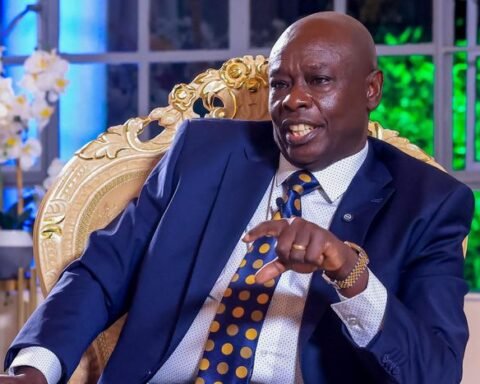A man identifying himself as Prince Abdullah Al-Sabah, a purported member of Kuwait’s ruling House of Al-Sabah, has caused a wave of regional and international controversy after declaring his conversion to Christianity
in an audio message aired on the Arabic Christian broadcaster Al-Haqiqa TV.
In the clip, the speaker expresses his unwavering belief in Jesus Christ, stating:
“Even if they kill me for this, I believe I will stand before Jesus face to face. In Christ, even death is not the end—it’s the beginning of eternity.”
The message, emotional and unfiltered, has been circulating across social media and religious media outlets, sparking a range of reactions—from reverence to skepticism. In a region where Islam is deeply interwoven with national identity and legal frameworks, the announcement is being seen as both daring and dangerous.
Kuwait, a small yet influential Gulf nation, is governed under a constitutional monarchy led by the Al-Sabah dynasty. According to the Kuwaiti Constitution, Islam is the state religion, and Sharia law influences both personal and criminal legal systems.
In such contexts, apostasy—the act of leaving Islam—is not only socially condemned but can, in some countries, result in legal consequences. While Kuwait does not officially enforce capital punishment for apostasy, public declarations such as this are rare and often met with backlash, both from the state and society.
Also Read; Uganda’s $12 Trillion Gold Discovery Sparks Global Buzz
So far, no official statement has been released from the Kuwaiti royal court either confirming or denying the authenticity of the audio or the identity of the speaker. Some have questioned whether the man in the recording truly belongs to the royal family, suggesting it may be a case of mistaken identity or even a fabricated incident designed to provoke religious debate.
Nevertheless, the tone and content of the message have touched a nerve. For many within the global Christian community, it is being hailed as a rare and powerful public testimony of faith from one of the world’s most conservative regions. Churches and religious groups across the Middle East and abroad have shared the clip, calling for prayers and protection for the man in the recording.
“Whether it’s real or symbolic, this statement has reminded the world that faith under pressure is a powerful force,” said one pastor from Lebanon interviewed by a Christian broadcaster.
This is not the first time such a story has emerged. In 2012, a similar case was reported by CatholicCulture.org, where a Kuwaiti prince was said to have converted to Christianity. That report also caused a stir, though Kuwaiti authorities promptly denied any royal family involvement.
This latest recording, however, resonates in new ways—partly due to the modern digital ecosystem where a single voice can be broadcast globally in seconds, and partly due to the persistent tension between freedom of religion and state authority in much of the Middle East.
The story raises broader questions about religious freedom, identity, and the costs of belief in restrictive environments. Whether the speaker is truly a prince or not, the words spoken have already had impact far beyond the Gulf.







